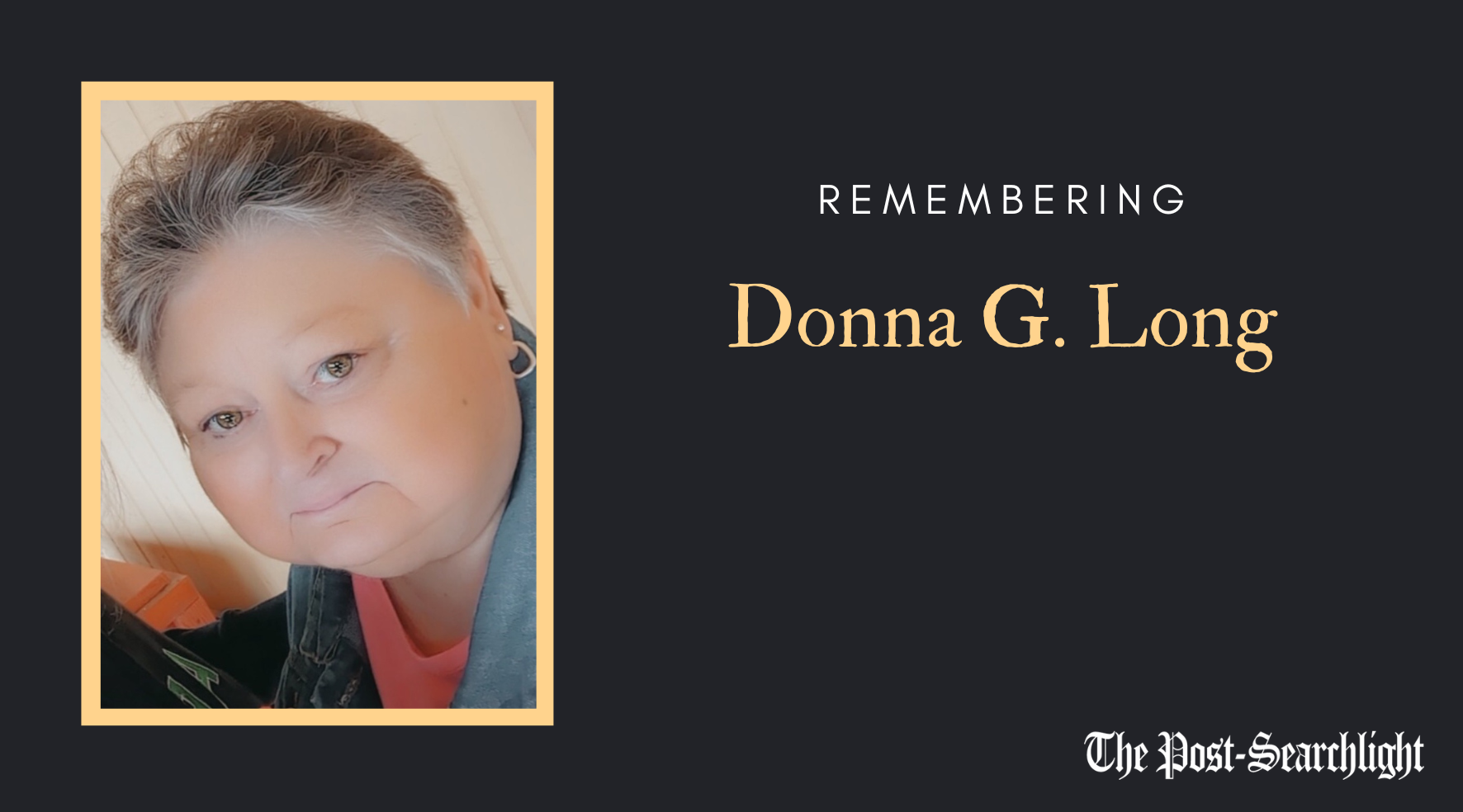Our dynamic encore years
Published 9:41 am Friday, March 18, 2011
There are many questions posed each day from longtime friends and customers, the main one being, “What are you going to do after you retire?”
Since the decision was made several weeks ago to close and liquidate our book business, the most popular question customers ask is, “Why are you closing the store?”
Answer: “It’s time to retire. It’s time.”
Next question: “What are you going to do after you retire?”
There are several answers.
One. Whatever my wife tells me to do.
Two. Get caught up on 12 years of neglected yard work.
Three. Get completely and utterly bored, which should take to about noon Wednesday.
Four. The most ambitious dynamic of all: Do anything I want to do, when I want to do it. (Yeah, yeah).
Then there’s the customer who graciously offered: Statistic show that most people die within six months after retiring. Because, they have nothing to do, have no purpose of existence, become bored by noon Wednesday, fall into a depressed funk, quickly rot and die.
I might give that a test. If you see me around one year from now, you will know that statistics lie.
There’s a new book by author Marc Freedman titled: “The Big Shift: Navigating the New Stage Beyond Midlife.”
Premise of the book is that people from 60 on up with their years of experience, have more to offer their communities and their country than those under 60.
The baby boomer generation now entering senior citizen status is giving impetus to this movement, that being a senior citizen doesn’t mean you have to find a rocking chair and park your butt in it after becoming bored by noon Wednesday.
Freedman writes that these years are times to find new directions of your life. Find a new career, return to class, or immerse yourself in community projects, volunteering your expertise, your time and your energy.
Freedman says that with close to 10,000 women and men a day turning 60, it’s high time to accelerate the social construction national project that involves one’s encore years. That begins with embracing this time as a unique period of your life. Most of all it means personal innovation, a source of renewal, embarking on a new career chapter or at least being constructive other than parking your butt in a rocking chair before you become bored by noon Wednesday.
Those of us today in senior status, are the pioneers in the longer-living-life cycle, followed by our-longer-living children and longer-living grandchildren. As we live longer, and they live longer, this new age of experienced senior people should be the huge spark that drives forward our nation.
These years are not “leftover years,” as Freedman points out, but an age of capitalizing on the unique assets of a new and vast population.
One day this week, a lady called from Southeastern Independent Booksellers Association, and wanted to know if I had planned to attend their convention next month. “No,” I said, “I was closing the bookstore and retiring.”
“Oh,” she said, “I retired six years ago, and went back to work. Not full time, but I just work four hours a day here, just enough to keep me busy.”
Of course she asked, “What are you going to do after you retire?”
Which means from many person’s point of view, what kind of “work” to you plan to do after you retire?
It’s almost a universal question. At any age, you cannot simply quit life. People today retire after giving 25 or 30 years service to a particular career or company, then find they are 55 or 60 years old, then seek another career to keep them active for another 15 or 20 years.
Only a few months away from 75 myself, a new 15-year career is not in my future. My first order of business will be walk briskly for one hour each day, to drop 20 pounds so as to fit into a closet full of 36-inch-non-expandable-waist pants.
The biggest challenge will be to stay healthy, avoid any major health crisis, disease or anything debilitating, and avoid at all costs becoming a nursing home burden.
With 60,000 people a day coming into senior status, government leaders better know what they are doing when they debate and legislate national health issues. It’s too important a topic to be grandstanding and playing politics with the nation’s health.
We have more important goals to accomplish other than playing continuous round-robin visits to a plethora of doctor’s offices and endless expensive medical tests.
To my friends and others of similar age, my best wishes for continued good health, and may your encore years be the most dynamic years of your life.
Jim Smith is a former editor of The Post-Searchlight, and almost former owner of The Book Nook, looking past all noon Wednesdays.





